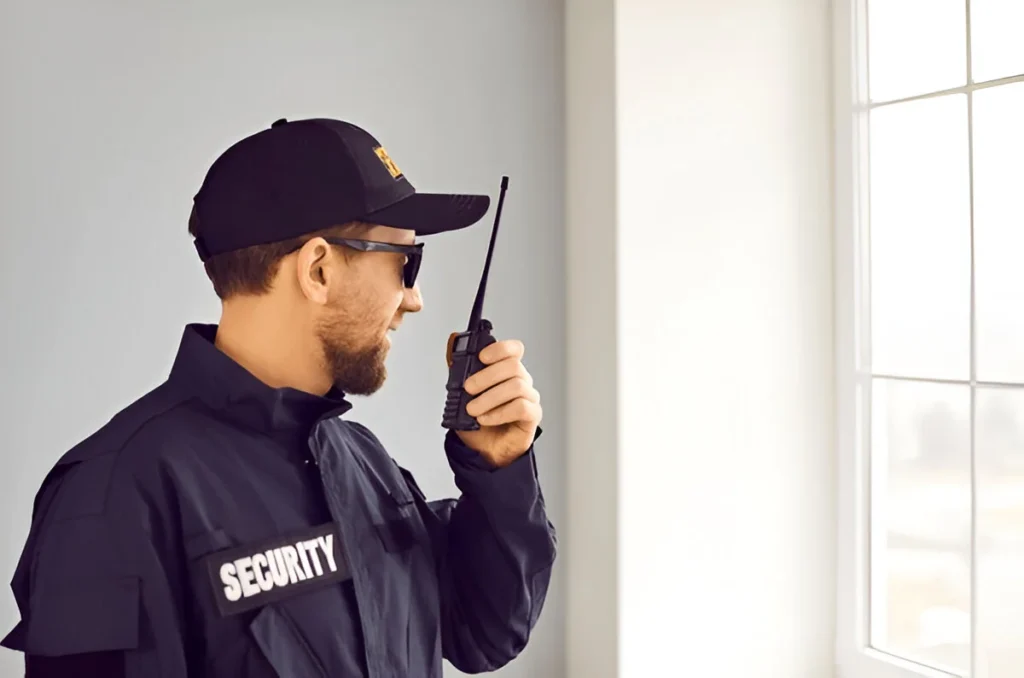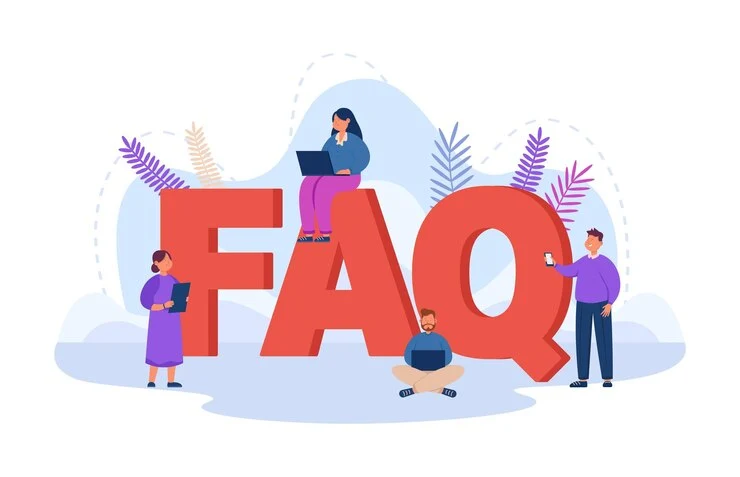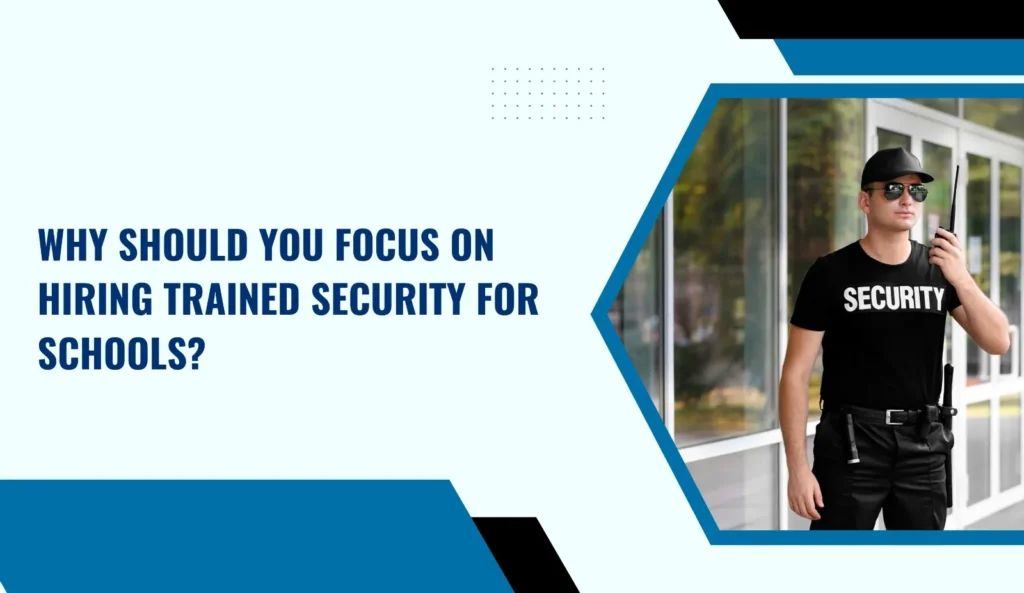-
Motilal Colony , Dumdum, Kolkata 700079
What Is the Role of Private Security in Smart Cities Today
Home | Blogs | What Is the Role of Private Security in Smart Cities Today

By Royals
June 13, 2025
What Is the Role of Private Security in Smart Cities Today
Role of Private Security in Smart Cities Today explores how trained security teams complement technology, boosting safety, responsiveness, and trust in tomorrow’s urban environments.
Smart cities are transforming the way we live. With integrated technology, data-driven infrastructure, and real-time monitoring, these urban centers are built for efficiency and safety. But behind all the sensors, apps, and AI systems, one crucial element often goes unnoticed: the human factor.
Table of Contents
This is where the Role of Private Security becomes essential.
Modern cities don’t just need technology—they need people who can respond, interpret, and act swiftly. Trained private security personnel bring essential balance to tech-driven systems, ensuring that digital solutions translate into real-world safety. Backed by professional support and ongoing training, these individuals play a crucial role in keeping smart cities not just advanced but truly secure.

Why Smart Cities Still Need Human Security
Despite the rapid evolution of surveillance systems and automation, machines can’t replace human instincts. Sensors can detect motion, but only a trained professional can distinguish between a threat and a false alarm.
Private security services bring:
- Judgment: Humans can assess context better than machines.
- Empathy: Citizens feel safer with approachable guards than faceless cameras.
- Flexibility: Professionals can adapt in unpredictable situations.
Whether it’s a festival, emergency, or day-to-day monitoring, security teams fill the gaps left by technology.
Key Functions of Private Security in Smart Cities
1. Bridging the Gap Between Tech and Action
- AI and cameras detect disturbances.
- Private guards verify and respond, minimizing delays and panic.
- Rapid on-ground coordination turns detection into prevention.
2. Crowd Management During Public Events
- Trained teams manage movement, prevent overcrowding, and provide emergency support.
- Security teams ensure tech-enabled alerts reach the right people instantly.
3. 24/7 Monitoring with Human Verification
- Surveillance can flag suspicious behavior, but real-time human analysis reduces false alarms.
- Guards verify alerts before escalating incidents to law enforcement or city authorities.
4. First Responders in Emergencies
- Whether it’s a fire, injury, or accident, private security personnel often arrive before emergency services.
- They are trained in basic medical aid, evacuation protocols, and disaster readiness.
Benefits of Involving Private Security in Smart Urban Planning
Hiring private security in a tech-driven environment isn’t just about manpower—it’s about strategic deployment. Here’s why it works:
- Reduced Load on Public Services: Minor disputes, access control, and minor risks are handled by private teams, allowing police to focus on serious crimes.
- Cost-Effective Scaling: Cities can scale their safety efforts without overspending on permanent infrastructure.
- Public Trust and Visibility: A uniformed presence reinforces the sense of security more than passive surveillance.
- Real-Time Problem Solving: With smart tools and communication devices, private guards can solve issues faster than remote teams alone.
The Role of Private Security in Smart Infrastructure
Supporting Systems like:
- IoT Devices
- Traffic Control Systems
- Smart Lighting
- CCTV Surveillance
- Environmental Monitoring Sensors
Private security professionals are trained to operate in synergy with these systems. They understand how the data works, interpret system-generated alerts, and take physical action when required.

Top Emerging Trends Enhancing Private Security Roles
1. Tech-Integrated Patrols
- GPS tracking, live streaming from bodycams, and AI-based alerts are now standard in many urban patrol operations.
- Digital documentation ensures accountability and transparency.
2. Predictive Risk Analytics
- Security data is analyzed to predict possible incidents, allowing guards to be deployed proactively rather than reactively.
3. Smart Surveillance Review
- Modern guards are trained to interpret feeds from facial recognition, motion tracking, and behavior prediction tools.
4. Drones and Robots
- While still emerging, security drones are increasingly used to support large-event surveillance or monitor restricted areas.
- Trained personnel work alongside or remotely manage these devices.
What Makes a Reliable Private Security Team for Smart Cities?
When integrated into smart city models, a reputed security company offers:
- Highly trained personnel familiar with tech and public interaction.
- Fast communication systems to coordinate with civic bodies.
- Strong ethical standards to protect privacy and civil liberties.
- Community engagement to gain trust and improve incident reporting.
The Role of Private Security in Smart City Safety
Let’s deep dive into the exact Role of Private Security that truly impacts smart cities:
- Access Control at Smart Buildings: Controlling who enters and exits, while syncing with biometric and RFID systems.
- Surveillance Management: Monitoring multiple feeds, identifying unusual activities, and guiding public announcements.
- Cyber-Physical Risk Response: Assisting during ATM hacking alerts, unauthorized data access attempts, or tech-system breaches.
- Urban Crisis Support: From natural calamities to large-scale evacuations—private security ensures order and safety.
Challenges and Ethical Considerations
In a connected city, over-surveillance is a real concern. Private security must balance:
- Monitoring vs. Privacy
- Control vs. Freedom
- Alertness vs. Aggression
That’s why trusted providers ensure training in:
- Civil rights
- Gender sensitivity
- Crisis de-escalation
- Professional code of conduct
These human qualities are just as critical as technical skills in a smart city setup.

Frequently Asked Questions
Q: Is private security necessary when there are CCTV systems everywhere?
A: Absolutely. CCTV captures events but doesn’t intervene. Private guards can respond immediately, defuse situations, and help victims.
Q: How do private security teams interact with city officials or police?
A: They follow a chain of escalation—reporting incidents, offering preliminary assessments, and cooperating with authorities for investigations.
Q: Are private security guards trained to handle emergencies?
A: Yes. They undergo training in emergency response, basic first aid, evacuation protocols, and conflict resolution.
Q: How do private security providers ensure privacy is protected?
A: By adhering to ethical frameworks, avoiding unnecessary data collection, and following legal guidelines on surveillance.
Q: Can private security handle cyber threats too?
A: While their primary focus is physical security, many are trained to recognize tech-related risks and coordinate with IT departments or city networks.
Where Technology Ends, Trusted Security Begins
While smart cities symbolize the future, safety remains their foundation. And safety isn’t just about high-tech sensors or big data—it’s also about human vigilance, quick response, and ethical intervention.
That’s the true Role of Private Security in smart cities today: bringing life, logic, and reliability to digital ecosystems.
Whether it’s responding to a system alert, helping a citizen in distress, or managing crowd flow during a festival—trained professionals are the ones who ensure that smart doesn’t forget to be safe.
With a trusted security guard company operating behind the scenes, the transformation of modern cities into secure, seamless spaces becomes not just possible, but a natural progression.



